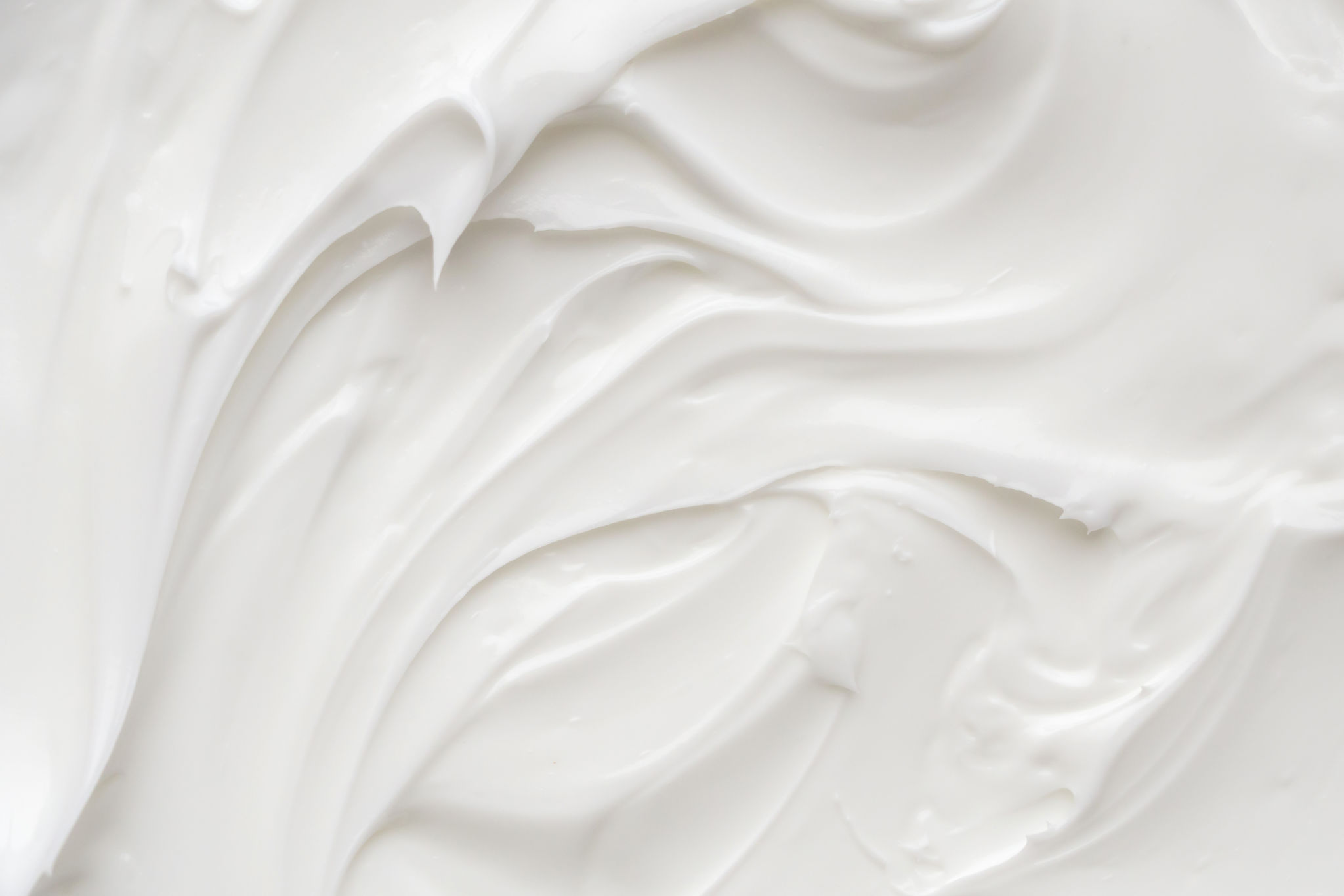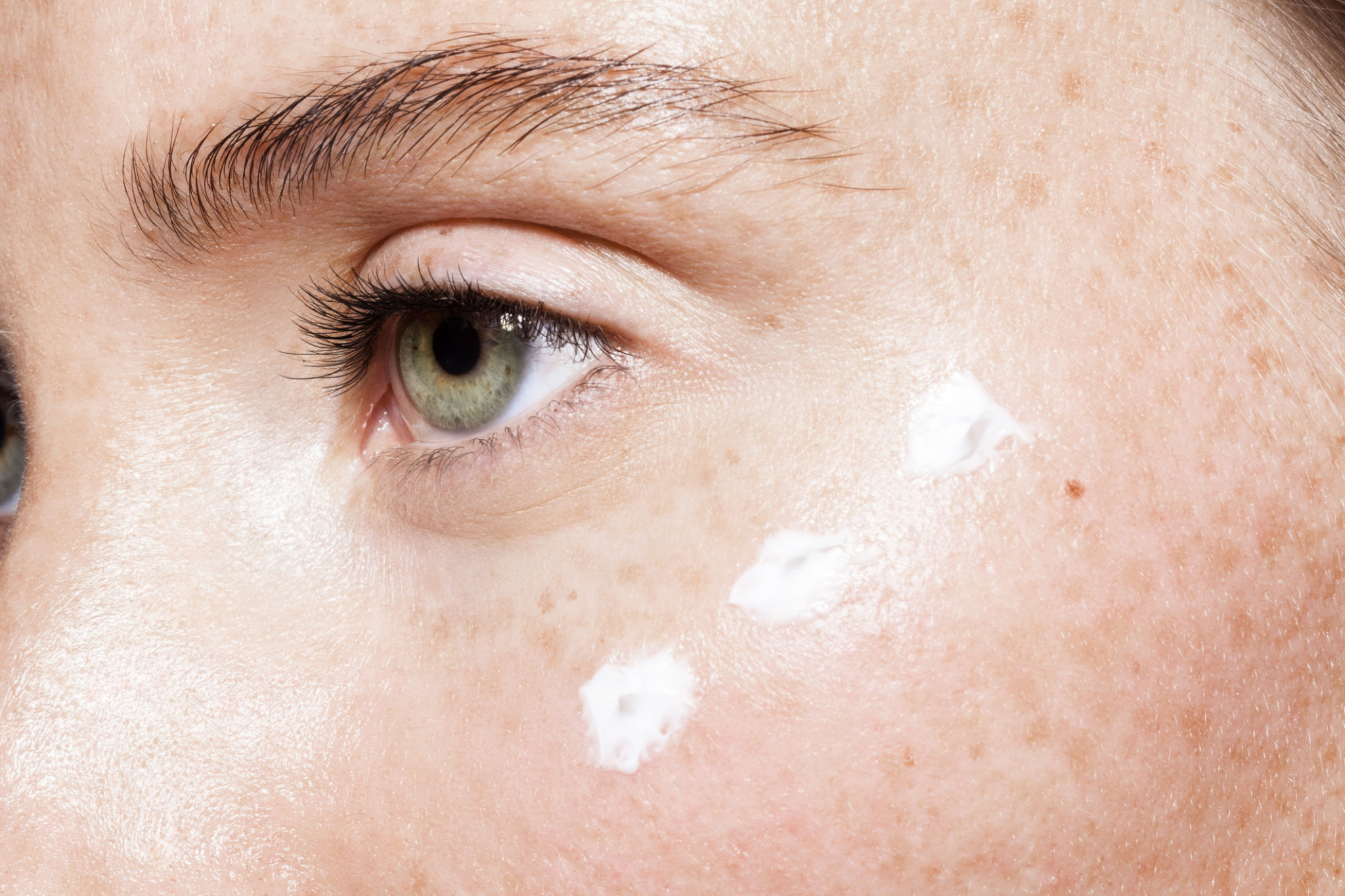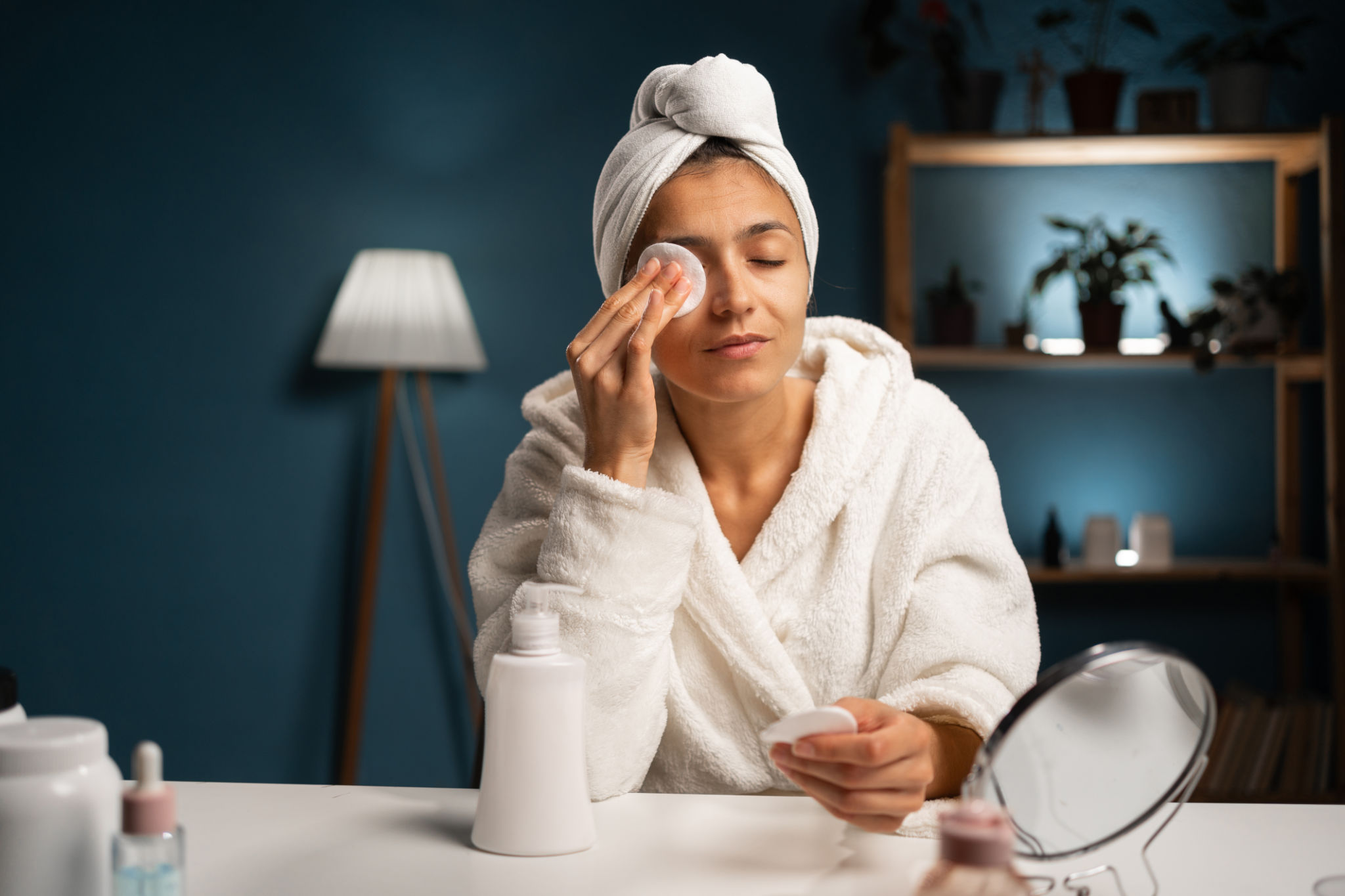The Ultimate Guide to Choosing the Right Skincare Products for Your Skin Type
Understanding Your Skin Type
Choosing the right skincare products starts with knowing your skin type. Your skin type can significantly influence how products affect your skin and how well they work. The main skin types are oily, dry, combination, sensitive, and normal. Each type has unique characteristics and needs, so identifying your skin type is crucial to creating an effective skincare routine.
To determine your skin type, observe how your skin behaves throughout the day. Does it get shiny or feel tight after washing? Are there areas that are oilier than others? These observations can help you pinpoint your skin type. Keep in mind that factors like environment, age, and hormones can also affect your skin.

Choosing Products for Oily Skin
If you have oily skin, you're familiar with the constant battle against shine and breakouts. The key to managing oily skin is using products that control excess sebum production without stripping the skin of its natural moisture. Look for ingredients like salicylic acid, niacinamide, and clay, which help reduce oiliness and prevent clogging of pores.
When selecting skincare products, opt for lightweight, non-comedogenic formulas that won’t block your pores. Gel-based cleansers and oil-free moisturizers are typically good choices for oily skin types. Regular exfoliation can also help keep your skin clear by removing dead skin cells and reducing oil buildup.

Hydrating Solutions for Dry Skin
Dry skin often feels tight, rough, and flaky due to a lack of moisture. Products for dry skin should focus on providing intense hydration and locking in moisture. Ingredients like hyaluronic acid, glycerin, and ceramides are excellent for replenishing moisture levels and strengthening the skin barrier.
Avoid harsh cleansers that can strip away natural oils. Instead, use creamy cleansers and rich moisturizers to nourish your skin. Incorporating a hydrating serum or facial oil can also provide an extra layer of moisture that keeps your skin soft and supple.

Balancing Combination Skin
Combination skin can be particularly tricky to manage because it involves both oily and dry areas. Typically, the T-zone (forehead, nose, chin) is oilier, while the cheeks are drier. The challenge is to balance these areas without exacerbating either condition.
Look for gentle, balanced formulations that cater to both oily and dry areas. Gel-based moisturizers can be effective as they hydrate without being too heavy. Use a mild exfoliator to keep pores clear in oily zones while applying richer creams on dry patches.
Caring for Sensitive Skin
Sensitive skin requires special attention due to its tendency to react to various ingredients and environmental factors. It’s crucial to choose products that are soothing and free from irritants such as fragrances, alcohol, and harsh chemicals.
Select skincare products with calming ingredients like aloe vera, chamomile, and green tea extract. Always patch-test new products before full application to ensure they don’t trigger an adverse reaction. Gentle formulations will help maintain your skin’s health without causing irritation.

Maintaining Normal Skin
If you have normal skin, consider yourself lucky! Normal skin is balanced and doesn’t exhibit extreme conditions such as excessive oiliness or dryness. However, maintaining its health requires a consistent routine with products that support its natural state.
Your focus should be on maintaining hydration and protection. A simple routine with a gentle cleanser, a hydrating moisturizer, and broad-spectrum sunscreen is often sufficient. You can also incorporate antioxidant-rich serums to enhance your skin's natural glow.

Final Tips for Skincare Success
Regardless of your skin type, certain skincare principles remain universal. Always remove makeup before bed, stay hydrated by drinking plenty of water, and wear sunscreen daily to protect against UV damage. Consistency is key; stick with your routine and give products time to show results.
Remember that skincare is a personal journey and what works for one person may not work for another. Be patient as you discover the best products for your unique needs, and don't hesitate to consult a dermatologist if you have specific concerns or persistent issues.